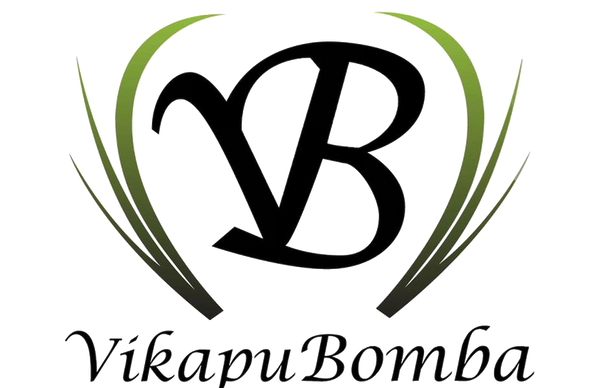Hatua 2021 | 2022
Hatua (Step): Capacity Building, Market Access and Reliable Income
Empowering rural women socially and economically makes a difference to their families, communities, and countries. Vikapu Bomba (VB) “Fantastic Baskets” creates economic opportunities for previously unemployed rural women in Southern Tanzania, through the design and production of high-quality and ethically sourced handwoven Iringa baskets. The women of VB are often their family’s primary source of income. Baskets are sold in reliable and sustainable premium markets both regionally and internationally including in the United States.
For generations, basket hand weaving has been practiced by women in the rural communities of Iringa and Njombe although it was abandoned by many due to poverty and a lack of opportunity and markets. With the founding and growth of VB over the last 10 years, however, approximately 150 women living in the rural communities of Iringa have joined basket handweaving groups, working full-time and earning fair and reliable income through basket handweaving. At the same time, additional women, working part-time for VB from remote villages in Iringa and Njombe, also hoped to join the VB team full-time. A series of constraints, however, made this difficult to do including a need for training to ensure high-quality basket weaving skills, and a lack of reliable transport to reach the villages in which these additional female artisans live, especially during the rainy season, when poor roads become impassible.
In 2020 before the uncertainty of Corona Catherine, Vikapu Bomba (Founder and MD) run into an advert for women entrepreneurship opportunities in Iringa run by the US Embassy in Tanzania in collaboration with the US Departments of State AWE (Academy for Women Entrepreneurs Program). Catherine was fortunate to be selected among the 26 extraordinary women in business from Iringa who were engaged in a thirteen-week intensive online business training, including training on pricing, marketing, company registration, networking, managing your dream, and so forth. Among all was the opportunity to apply for seed funding of $10,000 with USADF (Unites States African Development Foundation) at the end of the program and she was selected among the four finalists.
With $10,000 in funds from USADF, the HATUA Project which also means “STEP Project” was born. The project aimed to build the capacity of these additional 130 rural women who wished to work full-time for VB, through training that would demonstrate the kinds of high-end skills needed to produce baskets suitable for regional and international markets. The project also provided badly needed funds for renting reliable transport to access their villages.
HATUA Project tasked 10 Lead Artisans with designing and leading the skills training. In addition to the skills training, women were trained in cultural heritage preservation, entrepreneurship, innovation-products value addition, sales, marketing, and saving. After the training were completed, each lead artisan worked with 13 women on the production of baskets, helping them to apply the lessons learned in the training. Over a period of x months, the women were able to increase their output and maintain a full-time schedule.
HATUA Project Outcomes:
Impact on Individual Women
- Created economic opportunities for fair, reliable, and sustainable income for over 130 rural women in Iringa and Njombe.
- Increased income for rural women from $15-$105 to more than $30-180 per month.
- Increased the number of artisans working full-time with VB from 150 to over 280 rural women artisans.
- Generated awareness among rural women including young rural women in most of the villages in the Iringa Region and Njombe Region on the making of renowned Iringa hand-woven baskets as a sustainable strategy to move away from poverty and towards a safe and reliable annual income.
Impact on Product Quality:
- 90% of the products produced by women trained through the HATUA project could be sold in high-end premium regional and international markets as compared to 40% before the project training.
- Increased VB’s overall production from 500 baskets a month to over 1,600 a month.
- Greatly improved the quality of baskets that were transported from more rural villages given that VB could use rented vehicles vs local buses for transport.




